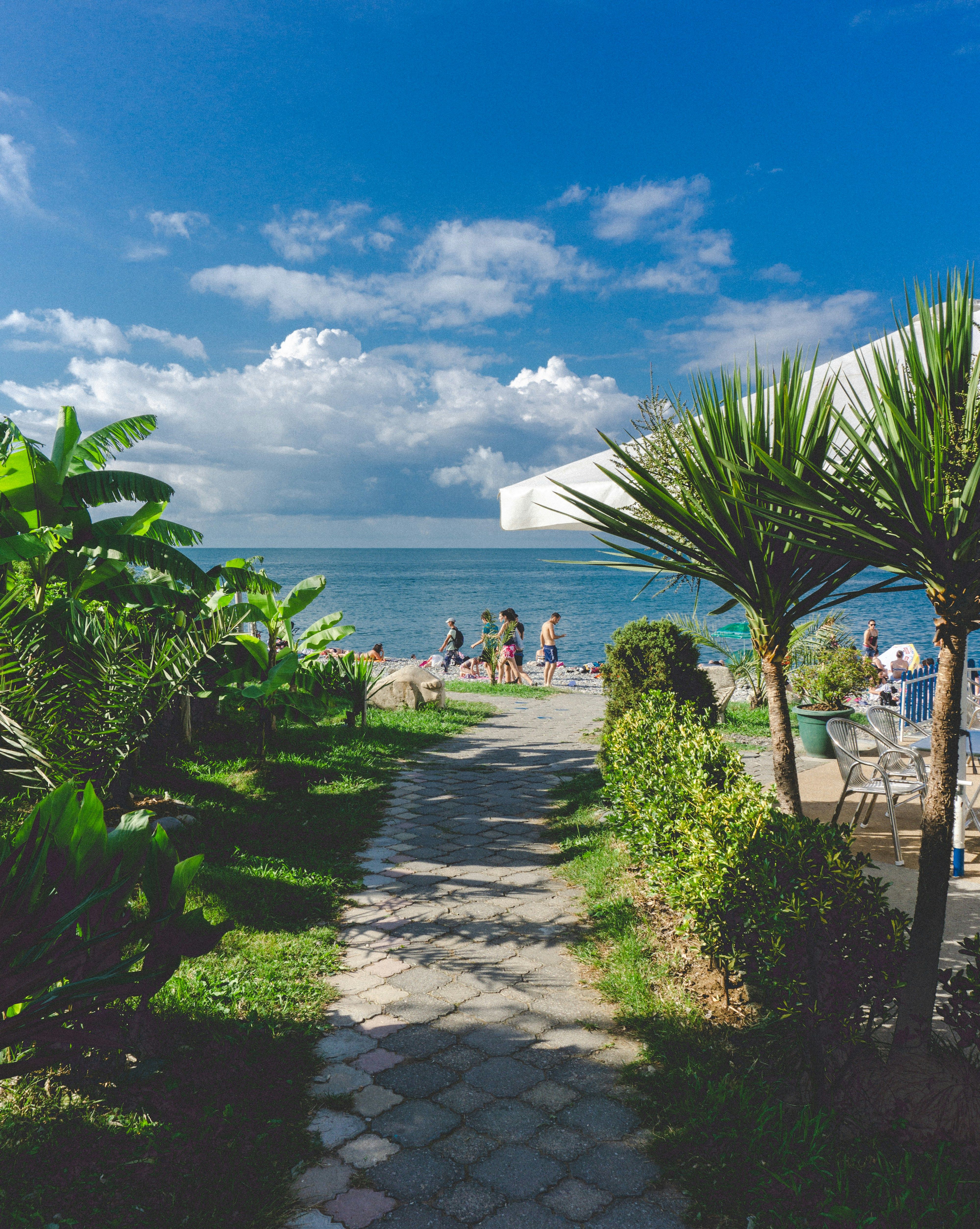Massive rallies planned to galvanize Poland preceding the upcoming presidential poll
Poland's Presidential Runoff Approaches with Two candidates Driving Public Rallies
Warsaw - As the Polish presidential runoff rapidly approaches, both candidates, Rafal Trzaskowski and Karol Nawrocki, are staging public demonstrations in a bid to gather the most support on the streets of Warsaw. Trzaskowski has organized a "March of Patriots," while his rival, Nawrocki of the nationalist-conservative PiS, is hosting a "March for Poland."
The rallies aim to galvanize supporters and persuade undecided voters. According to recent polls, both candidates are neck-and-neck, with around 47% of votes expected for each in the upcoming Sunday election.
The Election's Implications for Germany and Europe
The election's outcome will significantly influence Poland's future direction, with repercussions for Germany and Europe. Poland, a member of both the EU and NATO, has gained political prominence since the onset of the Russian invasion of Ukraine. This was evident during a joint visit to Kyiv by Prime Minister Donald Tusk, German Chancellor Friedrich Merz (CDU), French President Emmanuel Macron, and British Prime Minister Keir Starmer.
If Trzaskowski wins, he is expected to implement a reform agenda aimed at restoring the rule of law, which has been eroded by the PiS. The incumbent president, Andrzej Duda, a PiS member, has blocked most of Tusk's government bills using his veto power. If Nawrocki becomes president, he is likely to continue this obstructionist policy, as Tusk's center-left coalition lacks the necessary two-thirds majority in parliament to override the president's veto.
Courting Right-Wing Voters
Nawrocki is reaching out to the right for votes, given his potentially strong support base there. The first round of voting revealed a surprisingly high turnout for two far-right candidates. Slawomir Mentzen, a 38-year-old entrepreneur with a "Make America Great Again"-style platform, received nearly 15% of the vote. Another anti-Semitic candidate, Grzegorz Braun, received over 6%.
Although both candidates were eliminated, Mentzen now aims to sway the balance. He has extended invitations to Nawrocki and Trzaskowski for separate interviews on his YouTube show, where he showcased his eight-point plan.
During an hour-long interview with Nawrocki, viewers observed the 42-year-old historian openly pandering to Mentzen, addressing him as "Herr Doktor" and criticizing the right-wing aspects of PiS's policy at Mentzen's request. In contrast, Trzaskowski refused to sign Mentzen's eight-point plan, emphasizing his commitment to Ukraine's NATO membership and distance from Mentzen's anti-establishment views.
In summary, Nawrocki's alignment with the PiS party and his conservative stance make him more likely to gain support from right-wing voters in the runoff election. His rival, Trzaskowski, represents a pro-European, progressive agenda, which may appeal to centrist voters but is less aligned with conservative preferences.
- Ahead of the runoff election, Polish radio stations are airing discussions about the impact of the presidential election on Poland's policy-and-legislation, particularly in relation to war-and-conflicts, such as Ukraine's NATO membership.
- Concurrently, general-news outlets are reporting on the increasing crime-and-justice concerns in Warsaw, with both candidates sharing their intentions to address these issues if elected.
- As the Polish presidential race tightens, politicians across Europe are paying close attention to the election, as the outcomes could significantly shape the migration policies of Poland in the coming years.








